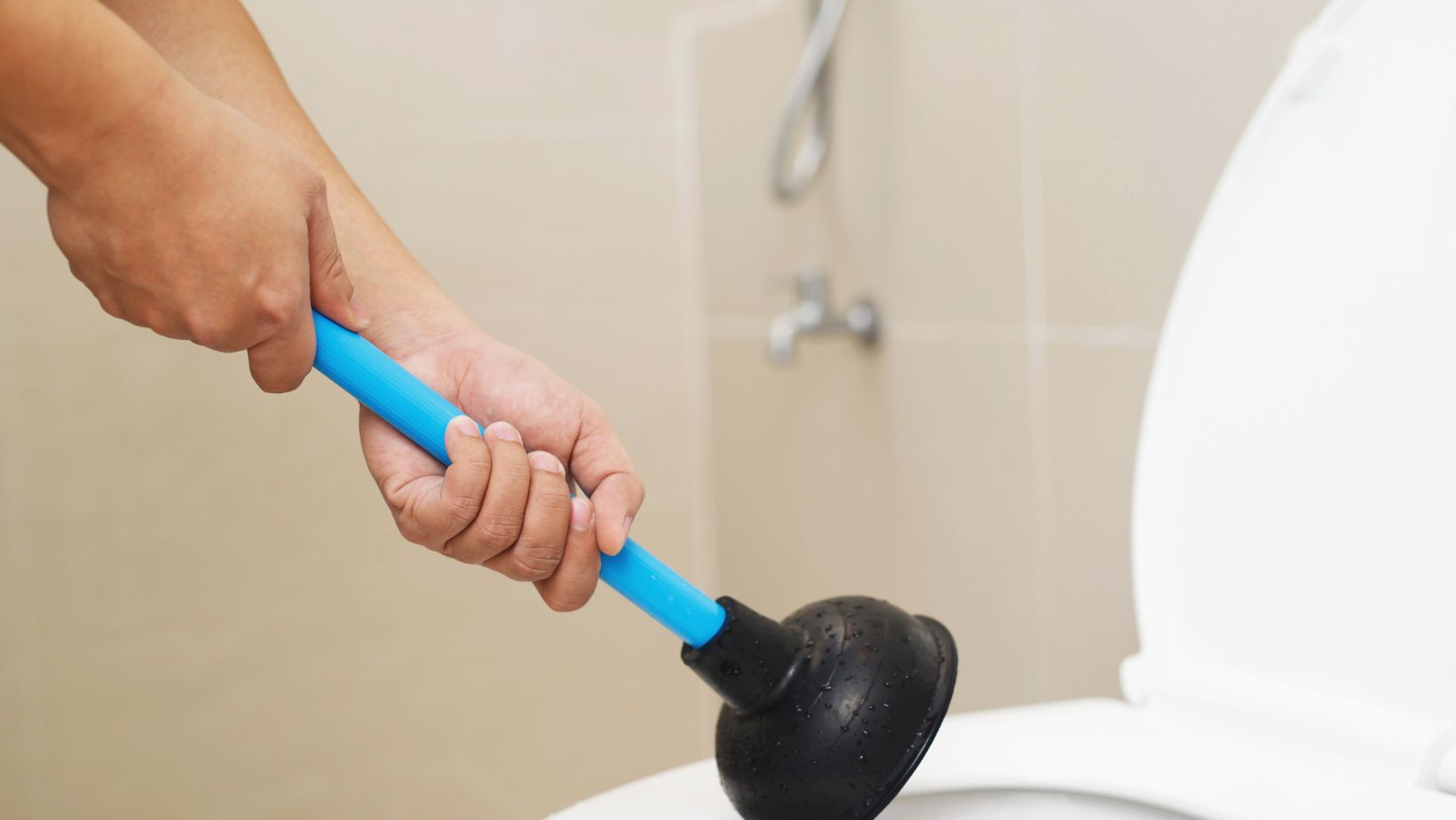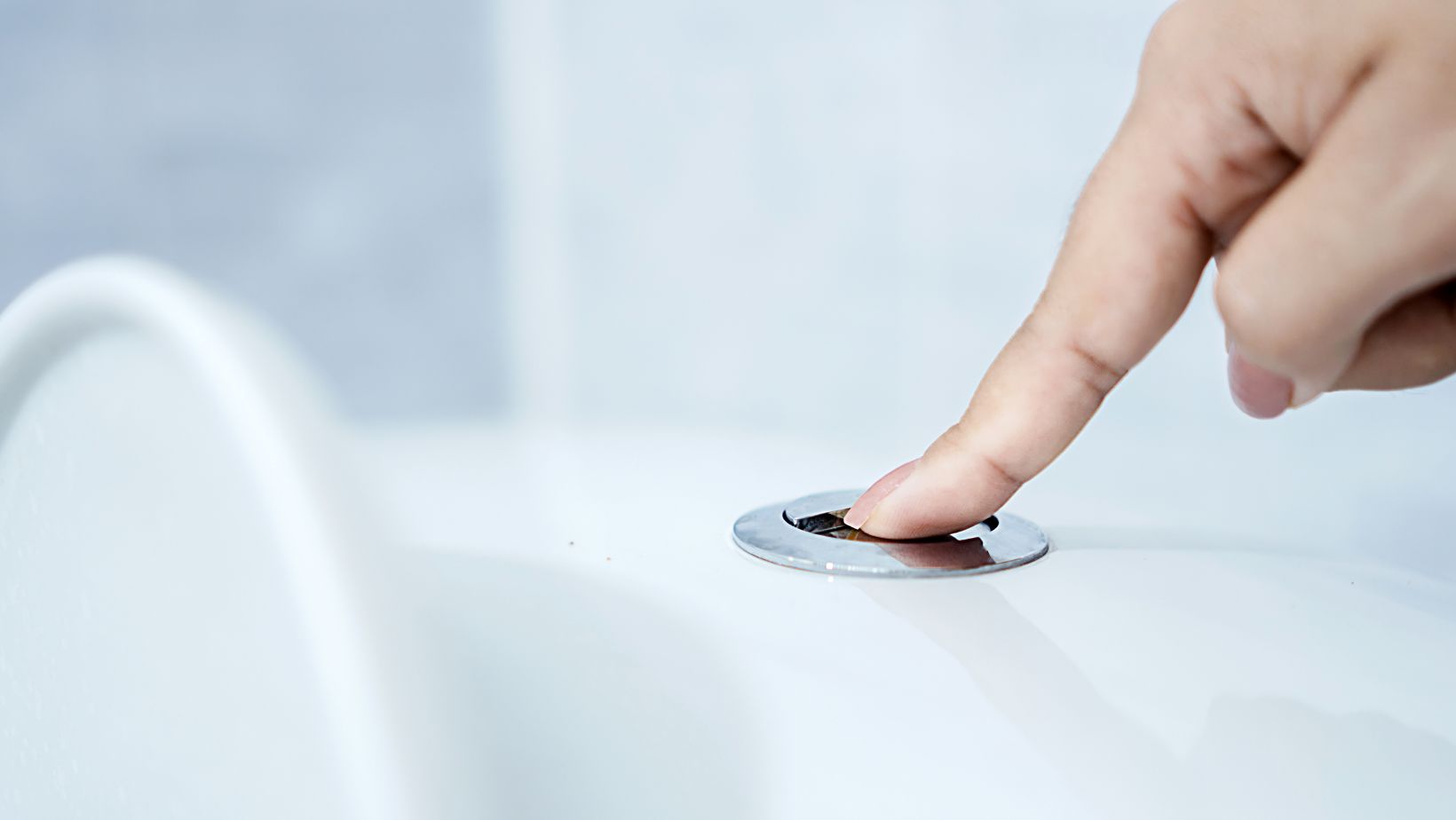
Toilet blockages are a common household nuisance that can disrupt daily life and lead to significant inconvenience. While many people may think of a blocked toilet as a simple issue that can be resolved with a plunger, the reality is often more complex. Understanding the hidden causes of toilet blockages can help you prevent them and know when to call in the experts in urgent toilet repairs.
Common Causes of Toilet Blockages
- Excessive Toilet Paper Use
One of the most frequent culprits behind toilet blockages is the excessive use of toilet paper. While toilet paper is designed to break down in water, using too much at once can overwhelm the system. This is particularly true for older plumbing systems that may not handle large volumes of waste effectively.
Tip: To avoid this issue, consider using less toilet paper or opting for thinner varieties that dissolve more easily.
- Foreign Objects
It’s not uncommon for foreign objects to find their way into the toilet. This can include anything from children’s toys to sanitary products. These items can create significant blockages that a plunger simply cannot resolve.
Tip: Educate family members, especially children, about what should and shouldn’t go down the toilet. Implementing a “no flushing” rule for anything other than human waste and toilet paper can save you from future headaches.
- Flushing Wipes and Other Non-Flushables
The rise of disposable wipes has led to an increase in toilet blockages. Many people mistakenly believe that wipes labelled as “flushable” can be treated like toilet paper. However, these products often do not break down as easily and can cause severe clogs.
Tip: Always dispose of wipes in the bin rather than flushing them. This simple change can significantly reduce the risk of blockages. Know when to call experts in urgent toilet repairs so that your family doesn’t suffer.
Less Obvious Causes
- Hard Water Buildup
In areas with hard water, mineral deposits can accumulate in the toilet’s plumbing over time. This buildup can restrict water flow and lead to blockages. While this issue may not be immediately apparent, it can cause problems down the line.
Tip: Regularly clean your toilet and plumbing fixtures with a descaling solution to prevent mineral buildup.
- Tree Roots
In some cases, tree roots can infiltrate underground pipes, causing blockages that are not visible from the surface. This is particularly common in older homes with clay pipes. As roots grow, they can create significant obstructions that require professional intervention.
Tip: If you suspect tree roots may be an issue, consider having your plumbing inspected with a camera to identify any potential problems.
- Pipe Misalignment
Over time, pipes can shift or become misaligned due to ground movement or settling. This misalignment can create areas where waste can accumulate, leading to blockages.
Tip:If you notice frequent blockages, it may be worth having a professional inspect your plumbing system to check for any alignment issues. If you’re dealing with stubborn toilet clogs that won’t respond to DIY fixes, it’s often best to reach out to a trusted plumber Mississauga who can pinpoint the root cause and clear the blockage efficiently with professional tools and expertise.
Signs You Need to Call in the Experts
While some blockages can be resolved with a plunger or a drain snake, there are times when it’s best to call in the professionals. Here are some signs that indicate it’s time to seek help:
- Persistent Blockages
If you find yourself dealing with frequent blockages, it’s a sign that there may be an underlying issue that needs addressing. A professional plumber or a service provider like Prime Dumpster can help identify the root cause and provide a long-term solution.
- Multiple Fixtures Are Affected
If you notice that multiple toilets or drains in your home are backing up, it could indicate a more significant problem within your plumbing system. This is not something to ignore, as it may require extensive repairs.
- Unpleasant Odours
Foul smells emanating from your toilet or drains can indicate a blockage or a problem with your sewer line. This is not only unpleasant but can also pose health risks. If you notice persistent odours, it’s time to call in the experts.
- Gurgling Sounds
If you hear gurgling sounds when you flush the toilet or use other fixtures, it may indicate that air is trapped in the plumbing system due to a blockage.

This can lead to more severe issues if not addressed promptly.
- Slow Draining
If your toilet is draining slowly, it may be a sign of a blockage further down the line. While it may seem minor, slow drainage can lead to more significant problems if left unchecked.
Conclusion
Toilet blockages can be a frustrating and inconvenient issue, but understanding their hidden causes can help you prevent them. By being mindful of what goes down the toilet and maintaining your plumbing system, you can reduce the likelihood of blockages. However, if you find yourself facing persistent issues or signs of a more significant problem, don’t hesitate to call in the experts in urgent toilet repairs. They can provide the necessary expertise to resolve the issue and restore your bathroom to its proper functioning state.
By taking proactive measures and knowing when to seek professional help, you can keep your toilet running smoothly and avoid the stress of unexpected blockages.






